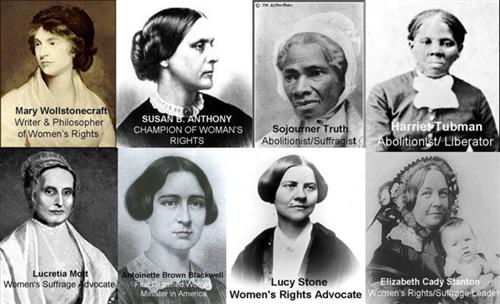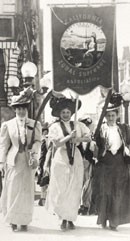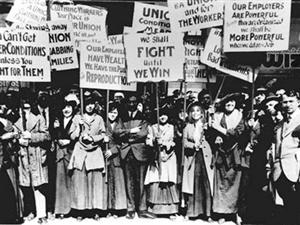- Hempstead Union Free School District
- Women's History Month - March
Social Studies
Page Navigation
- Social Studies Department
- September 11th
- Hispanic Heritage Month (September 15 - October 15)
- Constitution Day - September 17
- Black History Month - February
- Women's History Month - March
- Common Core Shifts Literacy in Social Studies
- Elementary Social Studies Curriculum
- E-Textbooks, Online Social Studies Textbooks
- Hempstead High School: Course Offering Flow Chart
- Historical Resources
- Learning Standards
- NYS Social Studies Field Guide
- Past NYS Global History & United States History Regents Assessments
- Secondary Social Studies Curriculum
- Social Studies Skills
- Social Studies, DBQ Writing Process
- Student: Note Taking Template (Blank)
- United States History & Government Regents Review
- What Are the Social Studies?
-
 Women’s History Month
Women’s History MonthDepartment of Social Studies
TBA, District Director of Humanities
516 434-4038


 History of National Women's History Month
History of National Women's History MonthPresidential and Congressional Support
The first steps toward success came in February 1980 when President Carter issued the first Presidential Proclamation declaring the Week of March 8th 1980 as National Women's History Week. In the same year, Representative Barbara Mikulski, who at the time was in the House of Representatives, and Senator Orrin Hatch co-sponsored a Congressional Resolution for National Women's History Week 1981. This co-sponsorship demonstrated the wide-ranging political support for recognizing, honoring, and celebrating the achievements of American women.
A National Lobbying Effort
As word spread rapidly across the nation, state departments of education encouraged celebrations of National Women's History Week as an effective means to achieving equity goals within classrooms. Maryland, Pennsylvania, New York, Oregon, Alaska, and other states developed and distributed curriculum materials for all of their public schools. Organizations sponsored essay contests and other special programs in their local areas. Within a few years, thousands of schools and communities were celebrating National Women's History Week, supported and encouraged by resolutions from governors, city councils, school boards, and the U.S. Congress.
Each year, the dates of National Women's History Week, (the week of March 8th) changed and every year a new lobbying effort was needed. Yearly, a national effort that included thousands of individuals and hundreds of educational and women’s organizations was spearheaded by the National Women's History Project.
National Women’s History Month
By 1986, 14 states had already declared March as Women's History Month. This momentum and state-by-state action was used as the rational to lobby Congress to declare the entire month of March 1987 as National Women's History Month. In 1987, Congress declared March as National Women's History Month in perpetuity. A special Presidential Proclamation is issued every year which honors the extraordinary achievements of American women.
Presidential Message 1980
President Jimmy Carter’s Message to the nation designating March 2-8, 1980 as National Women’s History Week."From the first settlers who came to our shores, from the first American Indian families who befriended them, men and women have worked together to build this nation. Too often the women were unsung and sometimes their contributions went unnoticed. But the achievements, leadership, courage, strength and love of the women who built America was as vital as that of the men whose names we know so well.
As Dr. Gerda Lerner has noted, “Women’s History is Women’s Right.” – It is an essential and indispensable heritage from which we can draw pride, comfort, courage, and long-range vision.”
I ask my fellow Americans to recognize this heritage with appropriate activities during National Women’s History Week, March 2-8, 1980.
I urge libraries, schools, and community organizations to focus their observances on the leaders who struggled for equality - - Susan B. Anthony, Sojourner Truth, Lucy
Stone, Lucretia Mott, Elizabeth Cady Stanton, Harriet Tubman, and Alice Paul.
Understanding the true history of our country will help us to comprehend the need for full equality under the law for all our people.This goal can be achieved by ratifying the 27th Amendment to the United States Constitution, which states that “Equality of Rights under the Law shall not be denied or abridged by the United States or by any state on account of sex.”
~ National Women’s History Project
Resources:
http://www.nwhp.org/ National Women’s History Project
http://www.timeforkids.com/minisite/womens-history-month Time For Kids
http://www.loc.gov/law/help/commemorative-observations/women_history.php Library of Congress
http://www.history.com/topics/holidays/womens-history-month History
http://www.nwhm.org/ National Women’s History Museum
http://www.smithsonianeducation.org/heritage_month/whm/ Smithsonian Education
http://www.archives.gov/research/alic/reference/womens-history.html National Archives


